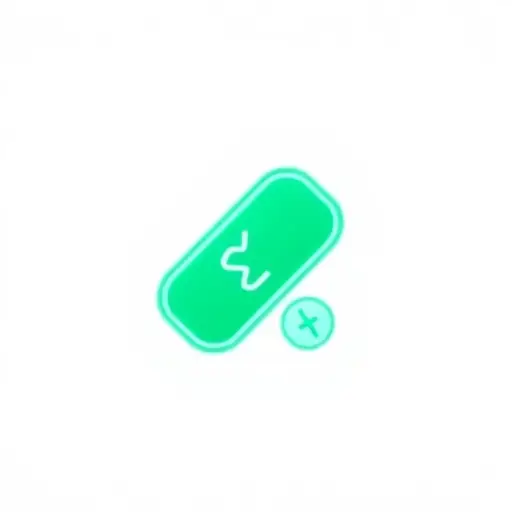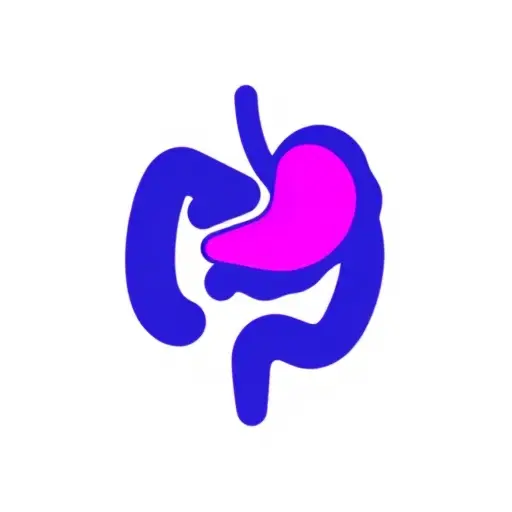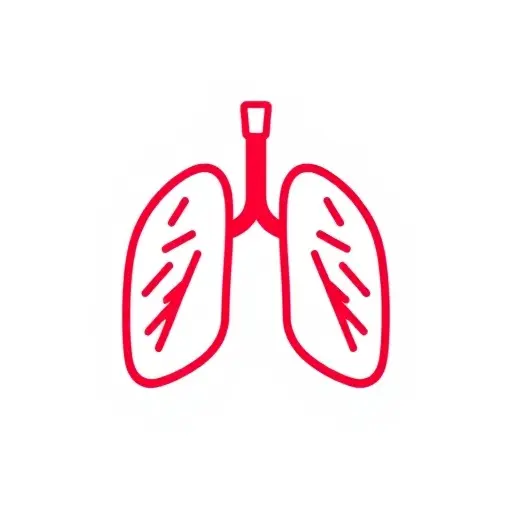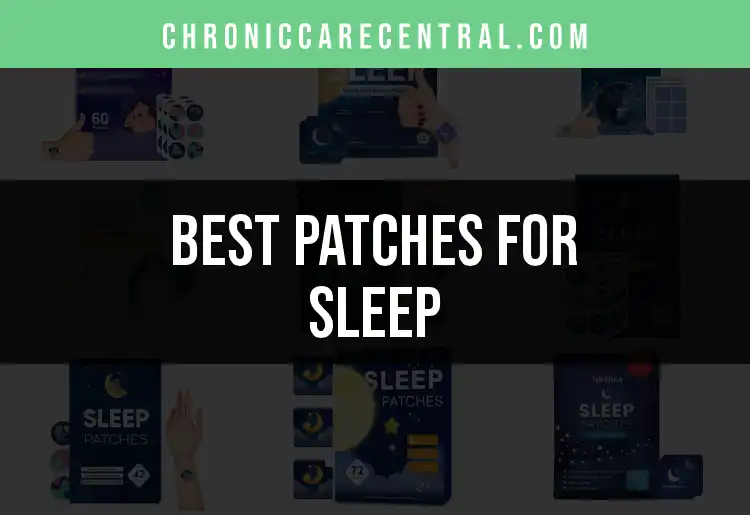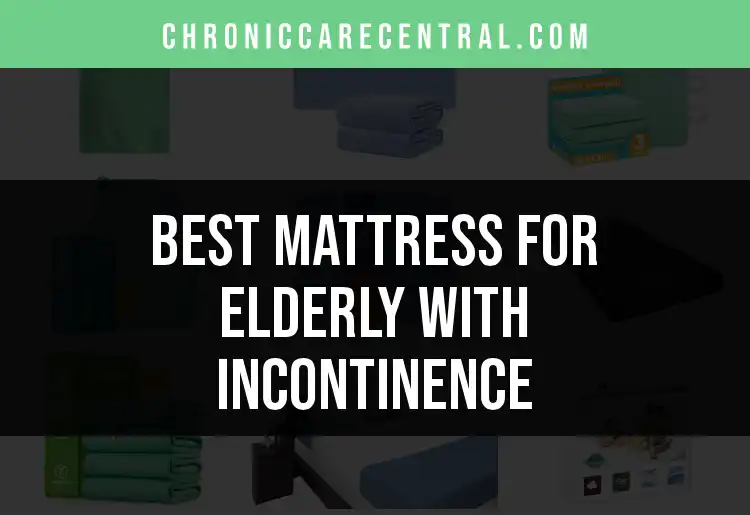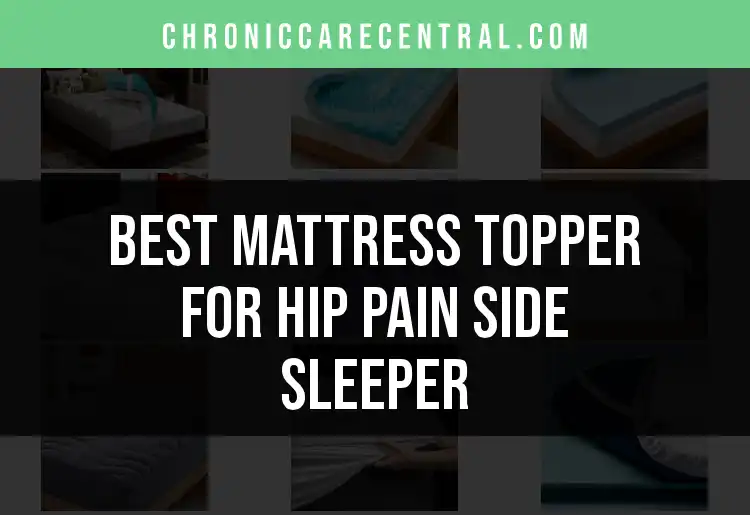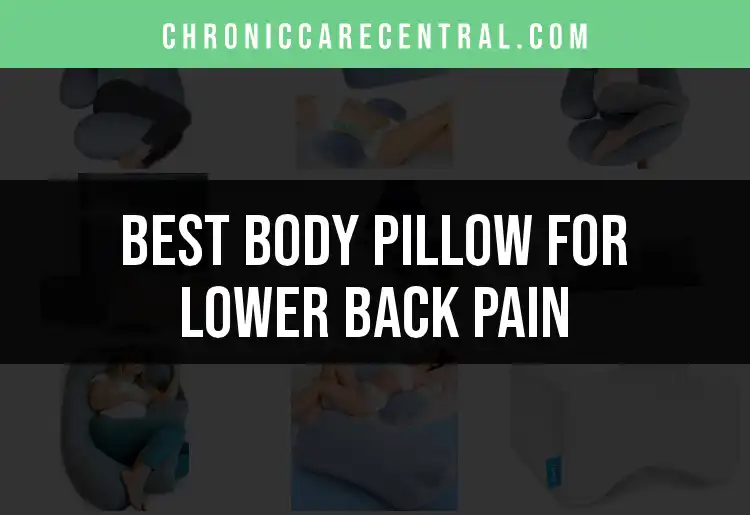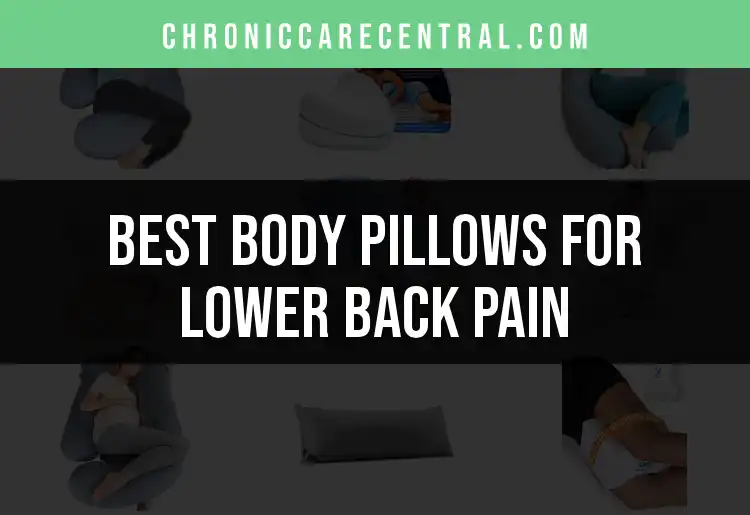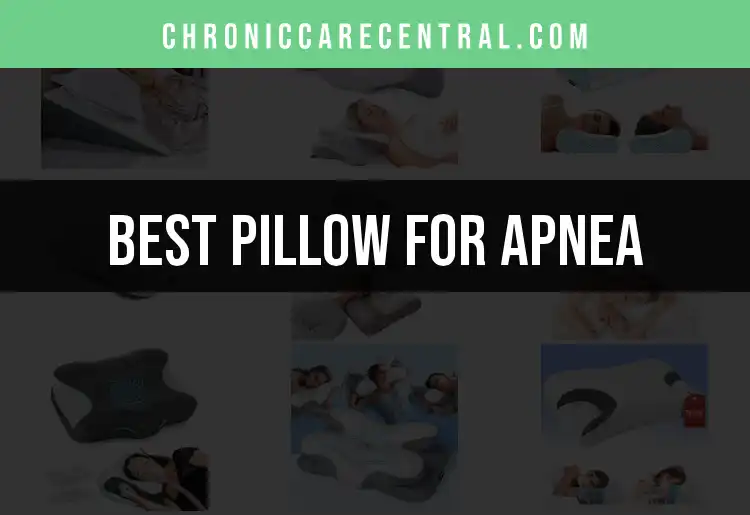Introduction to Sleep Aids
Sleep is the bedrock of overall health, profoundly shaping our physical and mental wellbeing. Despite its importance, millions struggle with sleep disturbances – from difficulty falling asleep to staying asleep or finding restorative rest. Modern life, stress, medical conditions, and countless environmental factors can contribute to sleep challenges.
Sleep aids have become a vital tool for many seeking better rest. However, not all sleep aids are created equal, and what works for one person may not be ideal for another. This comprehensive guide explores the full spectrum of sleep aids, detailing how they work, who they help, and how to choose the safest, most effective solutions.
Types of Sleep Aids
Pharmacological Sleep Aids
Pharmacological sleep aids are those medications and substances specifically intended to help people fall asleep, stay asleep, or improve sleep quality.
Prescription Medications
Prescription sleep aids are typically used under a doctor's supervision for acute insomnia or serious sleep conditions. These may include:
- Benzodiazepine medications
- "Z-drugs" like zolpidem and eszopiclone
- Certain antidepressants with sedative effects
While these can be effective in the short term, they can also carry risks such as dependence, tolerance, and next-day drowsiness.
Over-the-Counter Solutions
OTC sleep aids often rely on antihistamines like diphenhydramine, which produce sedative effects. Short-term use may be helpful, but users should be cautious of side effects like morning grogginess and sluggishness.
Non-Pharmacological Sleep Aids
Behavioral and Cognitive Strategies
Cognitive Behavioral Therapy for Insomnia (CBT-I) is a structured program that targets the thoughts and behaviors preventing restful sleep. CBT-I is widely supported by research and can be more effective than medication long-term.
Lifestyle and Environmental Modifications
Adopting habits such as consistent sleep schedules, winding down before bed, and limiting screen exposure can significantly improve sleep quality. Sometimes, simple adjustments to your routine yield the best results.
Technological Sleep Aids
Light Therapy Devices
Light can profoundly affect the body's circadian rhythm. Timed exposure to specific light wavelengths can regulate sleep and wake cycles. For some individuals, especially those with circadian rhythm disorders or jet lag, leveraging devices that mimic natural light patterns works wonders. If you're curious about using colored lighting, learn how selecting the right red light bulbs can support healthy sleep.
Sound Machines and White Noise
Sound machines, which provide soothing background noise, can reduce disturbances and mask sudden sounds. Options include white noise, pink noise, rainfall, and ocean waves, each providing unique auditory environments to quiet the mind and promote relaxation.
Complementary and Alternative Sleep Aids
Herbal and Natural Supplements
Some people turn to herbal remedies like valerian root, chamomile tea, or melatonin supplements, aiming for gentle, natural assistance in falling asleep. While generally safer than prescription medications, discuss any new supplement with your healthcare provider.
Acupuncture and Mindfulness Techniques
Mind-body practices such as acupuncture, meditation, and deep-breathing exercises help some individuals find calm and prepare for sleep with less reliance on chemicals or technology.
Sleep Aids for Specific Health Conditions and Special Needs
Pillow After Hip Replacement
Recovering from hip replacement surgery can make finding a comfortable sleeping position difficult. The right pillow not only offers critical support but also enhances healing by maintaining proper hip alignment and reducing pressure.
- Look for a pillow that provides ample support between the knees or legs, is made from high-density memory foam, and promotes spinal alignment.
- Specialized wedge pillows or knee separators can help reduce strain after surgery.
For detailed recommendations, see our guide on pillows designed for hip replacement recovery.
Red Light Bulbs for Sleep
Exposure to blue light in the evening can disrupt melatonin production and sleep patterns. Conversely, red light has been shown to have minimal impact on circadian rhythms.
- Switching to red light bulbs in the hours before bed may encourage melatonin release and aid the transition to restful sleep.
- Choose bulbs with a warm, red spectrum and avoid those emitting excess blue or white light.
Read more about how red light bulbs can help improve your sleep environment.
Pillow for Chiari Malformation
Sleeping with Chiari malformation involves unique challenges: neck pain, pressure at the base of the skull, and frequent sleep disruptions. A suitable pillow can enhance comfort and minimize symptoms.
- Look for pillows that cradle the head and neck without elevating them excessively.
- Materials like shredded memory foam or contoured orthopedic pillows may offer needed support.
Discover our top pillow recommendations for people with Chiari malformation.
Pillow for Shoulder Surgery
After shoulder surgery, sleeping can be particularly uncomfortable, especially when trying to avoid stressing the healing joint.
- Wedge pillows, body pillows, or specialized shoulder support pillows may help stabilize the arm, reduce strain, and improve sleep quality.
- Side sleepers may need a pillow to support the arm, while back sleepers benefit from elevation.
Explore the best pillow options designed to aid shoulder surgery recovery.
Pillow for Fibromyalgia
Fibromyalgia sufferers often deal with widespread pain, sensitivity to pressure, and disrupted sleep cycles.
- Optimal pillows offer gentle support, reduce pressure points, and adapt to shifting positions without flattening.
- Hypoallergenic materials are ideal for those with chemical sensitivities.
Learn which pillows can help alleviate fibromyalgia-related sleep discomfort.
Oral Sleep Spray
Oral sleep sprays have surged in popularity, offering a fast and convenient way to promote relaxation before bed.
- These sprays typically deliver herbal blends, melatonin, or amino acids via sublingual absorption for quicker onset.
- They are often chosen by those who dislike pills or who want a portable aid.
Explore which oral sleep sprays may make it easier to fall asleep.
Pillows for Glaucoma Patients
Glaucoma patients face particular concerns regarding eye pressure and overall eye health. Certain sleeping positions and supports can help.
- Pillows that keep the head slightly elevated may reduce intraocular pressure overnight.
- Ergonomic pillows designed for gentle head support are ideal.
See our expert picks for pillows that support glaucoma patients in maintaining eye health at night.
Bed for Fibromyalgia Sufferers
Choosing the right mattress and bed can make an enormous difference in managing fibromyalgia pain and sleep quality.
- Look for beds that offer medium-firm support, pressure relief, and adaptable surfaces to reduce tossing and turning.
- Adjustable bases can also improve comfort by allowing customized positioning.
Find out which beds are best for easing fibromyalgia symptoms while you sleep.
Grounding Mats for Sleeping
Grounding, or "earthing," involves direct physical contact with the Earth's electrical charge, theorized to benefit sleep and overall health.
- Grounding mats for beds are designed to offer these effects even indoors.
- Early research suggests possible improvements in sleep onset and decreased nighttime wakings.
For more on this innovative approach, examine our guide to grounding mats suitable for sleeping.
Choosing the Right Sleep Aid
Every individual’s sleep needs and health circumstances vary, so selecting an appropriate sleep aid is rarely one-size-fits-all.
- Consider your age, medical background, sleep environment, and personal preferences.
- Evaluate the efficacy and side effect profiles of each aid.
- Consult with providers, especially if you take other medications, have chronic illness, or experience severe sleep problems.
- Use sleep aids as instructed, keeping an eye on tolerance and dependence issues.
Potential Risks and Precautions
While many sleep aids are safe for short-term use, potential risks deserve careful attention.
- Most common side effects are grogginess, dry mouth, and dizziness – but long-term risks include dependency, cognitive impairment, and worsening sleep.
- Mixing sleep medications with alcohol or other sedatives is particularly dangerous.
- Individuals with chronic illnesses, psychiatric conditions, or multiple prescriptions should be extra cautious.
Be vigilant and seek medical advice with any concerns about side effects or interactions.
Enhancing Sleep Hygiene Alongside Sleep Aids
Sleep aids are most effective when combined with strong sleep hygiene. Key practices include:
- Sticking to a consistent wake and sleep schedule
- Keeping the bedroom dark, quiet, and cool
- Avoiding large meals, caffeine, and screens in the late evening
- Establishing a wind-down routine with reading, meditation, or soothing music
These habits not only make sleep aids more effective but also foster long-term improvements in natural sleep quality.
Innovative and Emerging Trends in Sleep Aids
Sleep science continues to advance. Recent trends include:
- Technology-driven aids, like smart beds and wearable sleep trackers
- Personalized sleep solutions based on genetic data and AI-driven recommendations
- Integrative and holistic therapies, such as CBD supplements, new herbal blends, and advanced light-therapy solutions
As more is understood about the foundations of sleep, options grow ever more tailored and effective.
FAQs on Sleep Aids
Q: Are all sleep aids addictive?
No. While some prescription medications can lead to tolerance or dependence, most non-drug and natural aids do not.
Q: Can I use melatonin every night?
Occasional use is generally safe, but long-term effects are still being studied. Consult your provider before establishing a nightly routine.
Q: What should I do if my sleep aid stops working?
Take a break, reassess your sleep hygiene, and consult a professional. Sometimes, changing the aid or addressing underlying issues is best.
Resources and Support for Better Sleep
Expert assistance is available in many forms. Consider:
- Speaking with sleep doctors or clinics if insomnia persists
- Joining support groups for people with chronic sleep conditions
- Using reputable review sources when selecting sleep products, such as our guides on supportive pillows, helpful red light bulbs, or grounding mats for better sleep.
With the right combination of information, guidance, and individualized solutions, better sleep is within reach.

